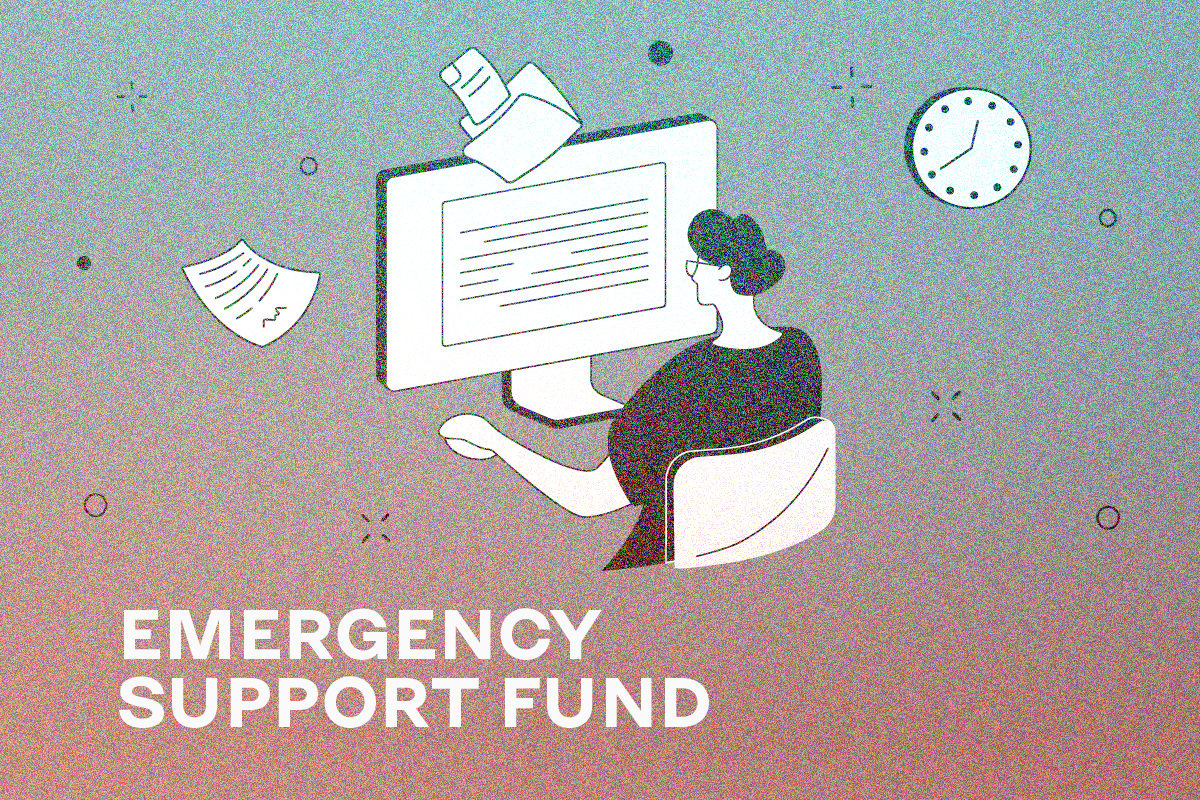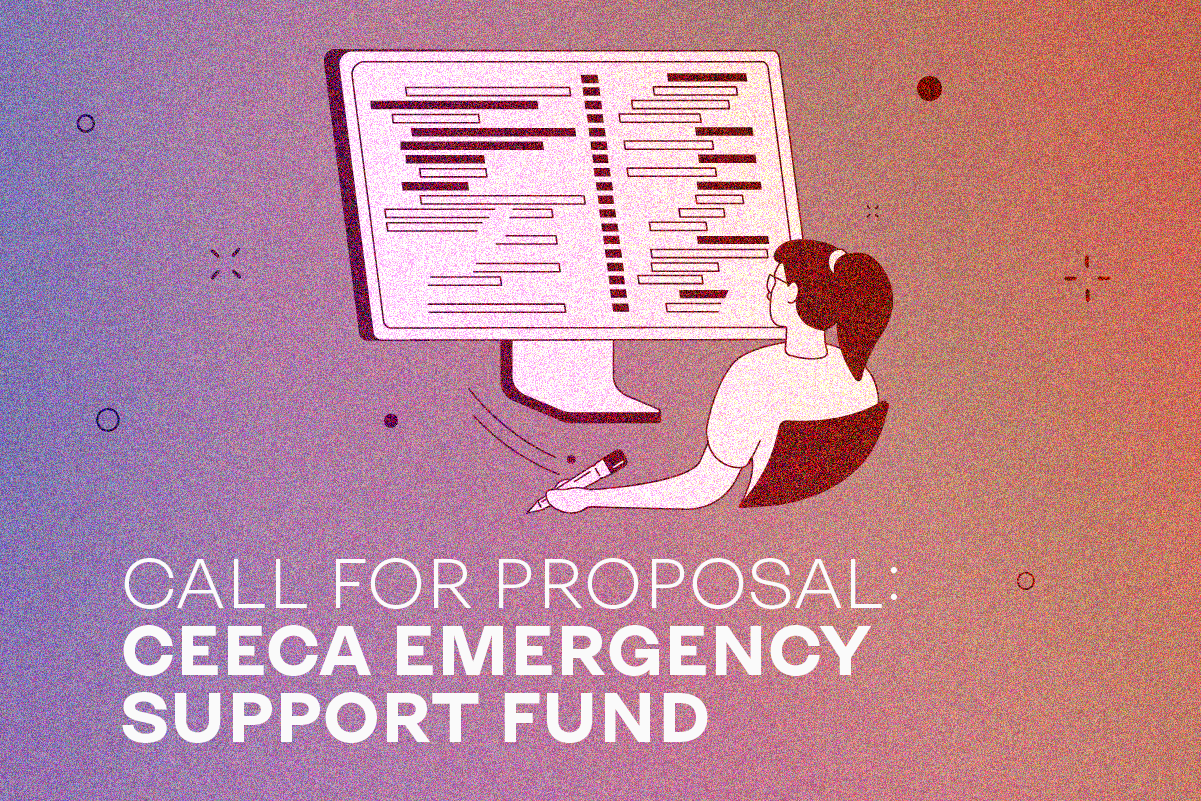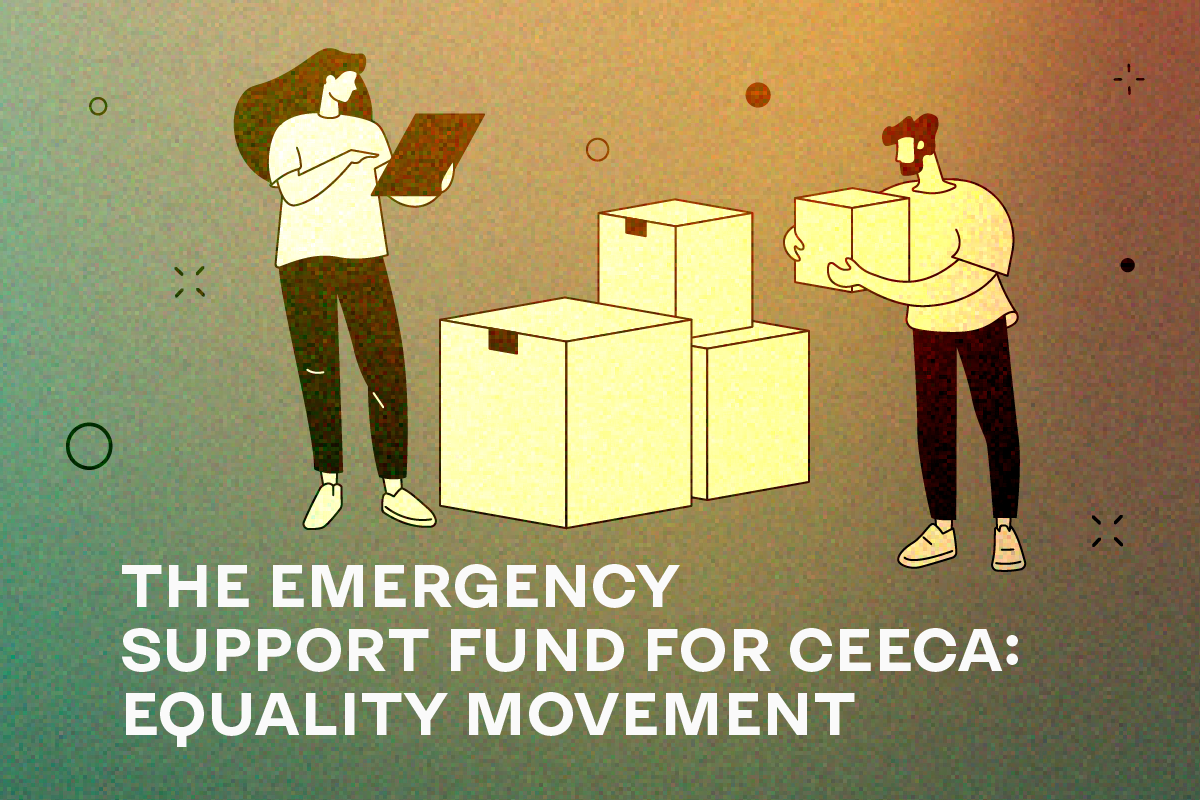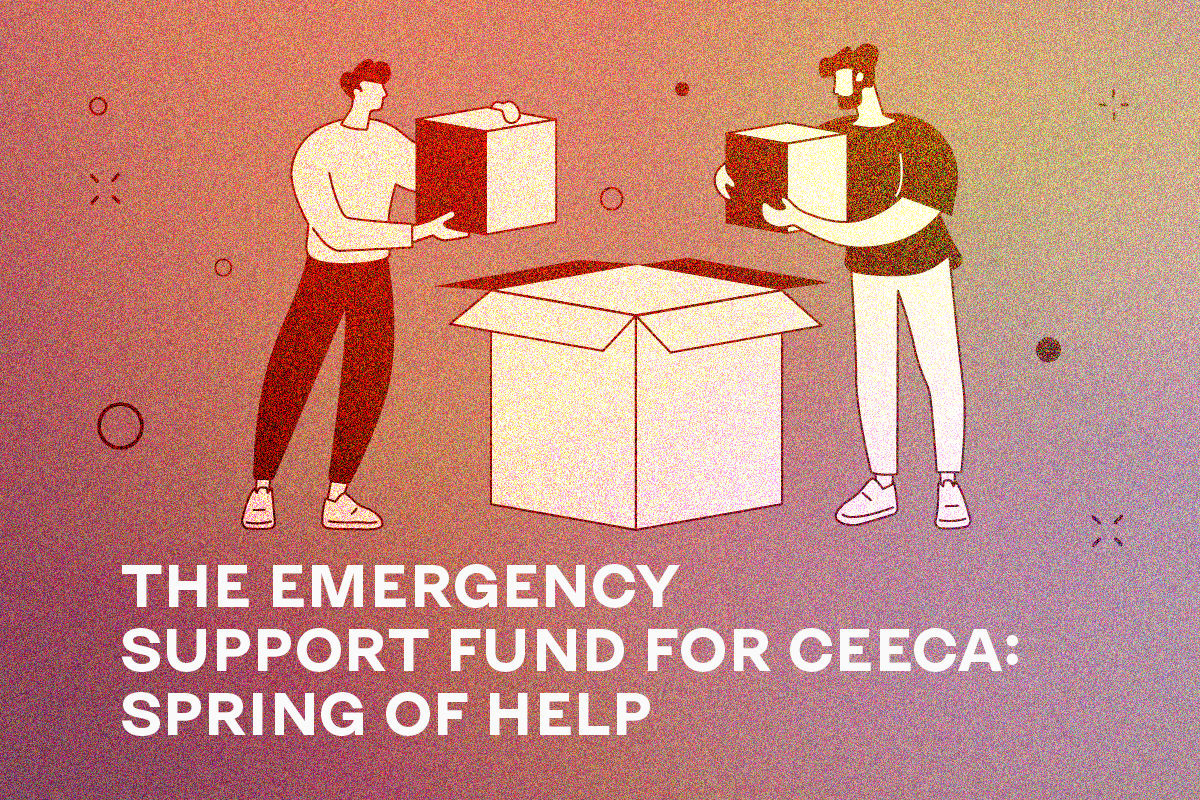Sens Pozitiv, a non-governmental organization from Romania, is an example of how communities themselves, in times of serious crisis, are able to quickly respond to new challenges. The flexibility of the non-governmental sector allows it to immediately begin providing assistance, while government agencies often require more time to launch response programs.
Alina Dumitriu is a well-known HIV activist who has been helping HIV-positive people in Romania for 18 years. Her organization, Sens Pozitiv, works with HIV-positive people in the country and advocates for the rights of people living with HIV and groups vulnerable to HIV at the national and international level. Since the beginning of Russia’s full-scale invasion of Ukraine, Sens Pozitiv has been working with refugees from Ukraine arriving in Romania.
In July 2023, the organization joined ECOM’s project to reduce the negative impact of the Russian war against Ukraine on the access of key populations to HIV services and humanitarian assistance in the EECA region.
Alina Dumitriu talks about challenges as someone who has gotten used to dealing with them over the past twenty years. Fleeing from a full-scale war unleashed by Russia in a neighboring state, people with HIV were expectedly among those who sought refuge in Romania. From the first days of the full-scale invasion, Alina and her team provided assistance to people with HIV and to representatives of vulnerable groups. “We worked day and night. We helped people at the border. And this was all volunteering for us,” Alina recalls. “The ECOM-supported project was a very natural continuation of what we were doing and resulted in the institutionalization of services. We now have not only personal motivation, but also real physical resources to provide help.”
One of the most memorable stories, which subsequently had an impact on the entire system of providing assistance to migrants on OST, is the case of a former Ukrainian soldier who was a participant in the hostilities in 2014 and became disabled as a result of the fighting. The man became dependent on methadone during rehabilitation and was a participant in the OST program in Ukraine. “He crossed the Romanian border on Friday evening. He needed a supply of medicine, but the weekend was starting and government agencies were closed. He was sent to a psychiatric clinic, and he missed his plane to Vienna where his daughter was. The situation was very tense,” Alina recalls. “We made a lot of calls to the National Agency Against Drugs institution to get him medicine, it took three days. He eventually went to his daughter. After this story, NGOs in Romania began offering methadone to ensure faster access if necessary.”
What does the project offer?
- Navigation, referrals, and linking patients to the necessary services are the main objectives of Alina’s team.
Having worked in HIV services for more than 18 years, Sens Pozitiv knows all the key players and can directly address questions to the Ministry of Health. The project involves classic case management: counseling, accompanying and linking people to services, and assistance with finding housing.
- Development and distribution of informational materials: pocket guides for clients in Ukrainian. A social worker from Sens Pozitiv is mapping services available for the refugees. Guides are available in hospitals and in centers that work with migrants.
- The support of a website www.consiliereHIV.ro with information in Ukrainian about how the service provision system works for HIV-positive people in Romania. The site contains all useful contacts and algorithms. It updates with the relevant information for refugees.
- Communication activities to provide information about assistance algorithms in the country to key populations arriving in Romania: through Telegram, WhatsApp and other social media networks.
- Advocacy for the needs of communities in migration at the state level.
More than 30 HIV-positive people have already used the project’s services, most of which are MSM, as well as some drug users.
Activists encounter the following specificities and difficulties:
- Lack of ART: so, it is not possible to provide therapy long-term.
Alina recalls another remarkable story, about HIV-positive Ukrainian refugees who are sailors. “The Constanta Infectious Diseases Hospital can only give them two months’ worth of treatment, but they need a supply of drugs for a six-month voyage. Sens Pozitiv was looking for the right combination of ARV therapy for four months. This is not easy, because we don’t have a big amount of ART donation and also, sometimes the treatment regimens in Ukraine and Romania are different. We used all our connections to cover this need,” says Alina. “The other day, one of the sailors called to inform me that he again needed our help for his next voyage.”
- Methadone deficiency: people who need OST are referred to other service projects, because at the state level there is just a very small number of people who receive treatment.
As the main advantage of the project, Alina notes that “Soon clients will no longer require our help, they are sufficiently integrated into the system of care at the state level and hospitals admit them for treatment and services. This means that we have well established algorithms for referring people to the right care. We receive feedback that people are comfortable and understand the developed algorithms. This means we can reach more people who need our support using these approaches.”
Following the start of Russia’s full-scale invasion of Ukraine, ECOM, in partnership with Aidsfonds (Netherlands) and the Alliance for Public Health (Ukraine), began implementing a program aimed at reducing the negative impact of the Russian war against Ukraine on the access of key populations (KP) to HIV services and humanitarian assistance in the region of Central and Eastern Europe and Central Asia (CEECA).
As part of this program, ECOM held two rounds of grant competitions, as a result of which 28 public organizations implementing projects for key populations in migration in the EECA region were selected.






